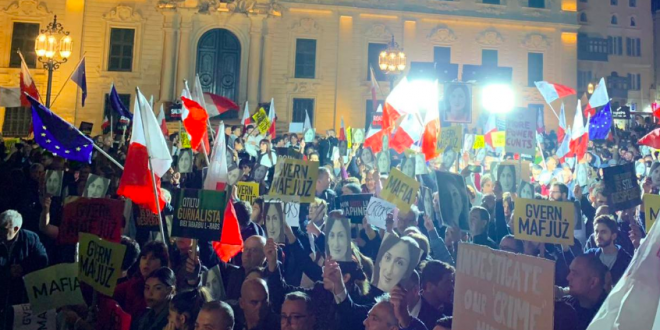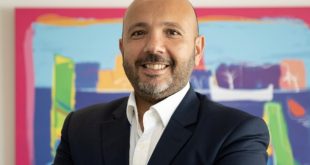Michele Magro, General Counsel of the Malta Gaming Authority (MGA), has confirmed that the regulator will work with Italy’s ADM Customs Agency and further authorities to ‘eliminate criminal infiltrations in online gambling’.
Magro confirmed to Italian betting news source AgiproNews that MGA officials had met with Italian counterparts in Rome to discuss regulatory cooperation and further information sharing to strengthen both jurisdictions’ integrity frameworks.
Italian authorities and media have questioned the compliance capacity of the MGA following the damaging revelations of the ‘Glassia’ anti-mafia investigation, which uncovered that Calabria Mafias had utilised MGA licensed ‘skin gambling websites’ to launder € millions fund attached to criminal activities.
Arresting 51 suspects and confiscating €1 billion to date, Italian federal police have branded Glassia as Italy’s biggest ever money-laundering investigation.
“It is essential to have a good relationship since we share operators with licenses in both countries and seen also the recent news stories,” Magro told AgiproNews. “We exchanged information with the Italian investigative authorities during the investigations in recent months and we will do the same again.”
The consequences of Glassia have been widespread both in Italy and abroad. Fighting ‘gambling corruption’, Italy’s new coalition government led by PM Giuseppe Conte has instructed the ADM to establish an ‘industry registry’ to monitor all betting related transactions and further external financing of licensed incumbents.
Meanwhile, AgiproNews reports that the field of Italian-owned, MGA-licensed gambling incumbents has shrunk to just three operators, whilst prior to Calabria prosecutor investigations undertaken in 2016 there were ‘several dozens’.
Magro continued: “Since 2016, the MGA has cancelled most of the licenses, other entrepreneurs have closed and the very few remaining companies have to prove to us that they run a business totally compliant both with Italian and Maltese laws.”
Magro further underlined that an MGA collaboration dynamics could be extended to the Italian Financial Police (GDF), as Italy’s government places further compliance measures on sector incumbents.
However, the MGA’s General Counsel noted caveats with regards to a direct relationship with Italian police. It said: “Our status is very different, we will exchange information with them too, but we are a regulator. Communication with them is ongoing, even if there is no any formal agreement. The Italian financial police has strong connections with the Maltese police, not with a gaming Authority such as MGA.”
This weekend, Malta PM Joesph Muscat confirmed his resignation from office following two weeks of public protests in relation to the top aides and Labour party financiers ‘alleged complicity’ in the 2017 murder of journalist Daphne Caruana Galizia, who was investigating Maltese government corruption and international money laundering.
The Malta business community has been rocked, as police this weekend arrested Maltese tycoon and online gambling investor Yorgen Fenech as the lead suspect in the murder of Caruana Galizia.
Recognised as Malta’s wealthiest man, Fenech has been attached to Dubai registered to gambling investment fund ’17 Black’ – a money-laundering vehicle denounced by Caruana Galizia as one of several Malta assets disclosed in the 2015 Panama Papers leak.
Of further concern for Malta’s business community, this summer the European Union underlined to Malta’s government that it had ‘one year’ to strengthen its AML procedures in-line with European standards.
Moneyval, a Council of Europe standards association, detailed that Malta had failed its review on critical criteria related to risk management, AML identifications and measures to prevent financial crime.
This afternoon, MGA COO Christopher Formosa spoke to SBC about Malta’s political upheaval. He said: “Notwithstanding the fact that changes at the highest level of Government are highly significant, the policy direction set by Government remains consistent. The Authority shall continue to implement the policy in line with its regulatory objectives, and there will be no disruption to its work.”









